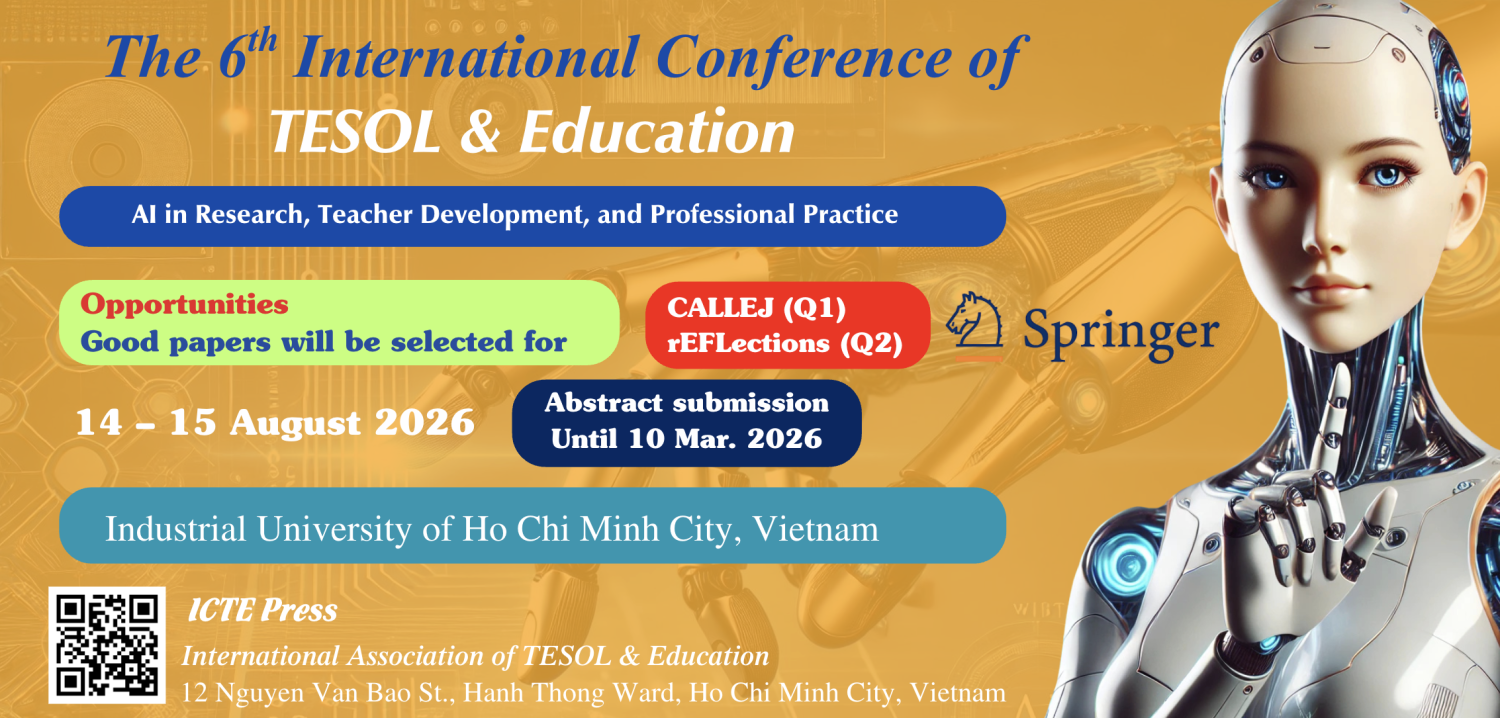Peer Review Process
Plagiarism check
All papers submitted to the Proceedings of the International Conference of TESOL & Education (PICTE) will be checked for plagiarism by Turnitin. Only under 20% similarity index will be sent to the reviewers for blinding peer reviews.
Reviewers’ responsibilities
Each reviewer makes a voluntary contribution to their time. Reviewers play a critical part in ensuring the editorial decision-making process is as high-quality as possible.
Reviewers must have an impartial assessment of the paper based on their existing knowledge of the field, as well as previous research and literature. They are required to complete their evaluations within the deadline specified when the request for review was accepted. This timeliness is critical in assisting writers in completing their manuscripts in a fair amount of time and in ensuring that journal issues are published on time. Reviewers are required to notify the publisher of any significant resemblance to other articles they are aware of. They are obligated to maintain the confidentiality of all analysis materials. Additionally, reviewers are required to notify the editor whether they feel they may be in a position to profit from the review (for example, but not limited to, declaring any professional or personal relationship which might compromise the review).
Peer Review Process
The peer-review process works as outlined below. It is expected to be completed within 4 weeks for articles selected for publication.
Submission of an original manuscript via electronic online submission or via email publishing@i-cte.org;
Quick judgment by the Editor-in-chief of whether the manuscript fits the themes of the International Conference of TESOL & Education (ICTE). If it does not, the Author will be notified immediately with an e-mail of rejection;
Assignment of one or more managing editors to the manuscript by the Executive Editor;
The managing editor(s) will decide, based on the themes of the International Conference of TESOL & Education (ICTE) and the quality of argumentation and the text in general, whether the manuscript is fit to undergo the peer review process;
Where a manuscript shows promise but suffers from severe problems (textual or otherwise), the managing editor(s) may send the manuscript back to the author(s) for corrections and upgrading;
The managing editor(s) select a minimum of 2 competent referees in the field and send them the manuscript aiming at a 2-week review. Selection of the referees will occur when the manuscript is accepted for the process’s peer review phase. The referees provide a recommendation to the editors, justifications, and suggestions (if appropriate) and place the manuscript into one of the following categories: “reject,” “resubmit,” “accept with minor revisions,” or “accept as is”;
The managing editor(s) make their decision based on the Referees’ Comments and their own judgment: (“reject,” “resubmit,” “accept with minor revisions,” or “accept as is”). If they cannot make the decision, the Editor-in-chief is assigned to make it;
The paper is either accepted for final publication or sent back to the authors for minor or major revision (with readability improvement suggestions by the editors), or else it is rejected.
On receipt of the corrected manuscript, the editorial team finalized the formatting and provided all necessary changes have been made; the manuscript is published in the journal.
Every effort will be made to publish accepted manuscripts within a 4-week window.
